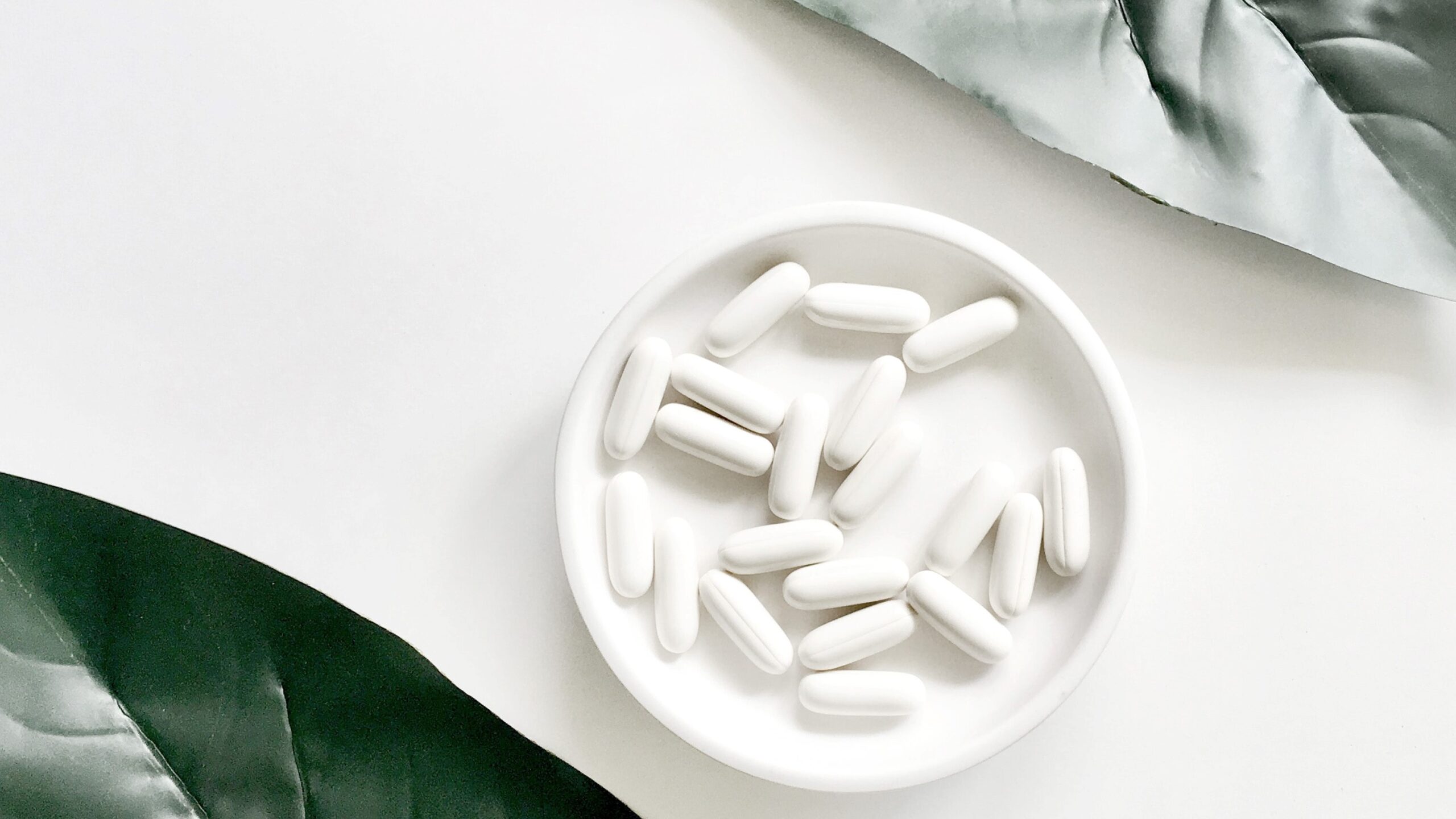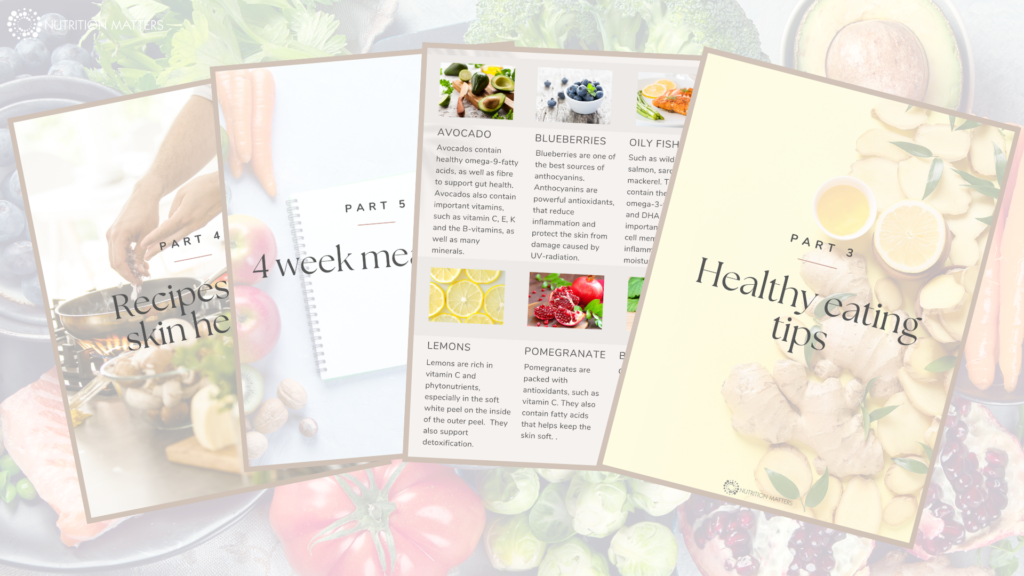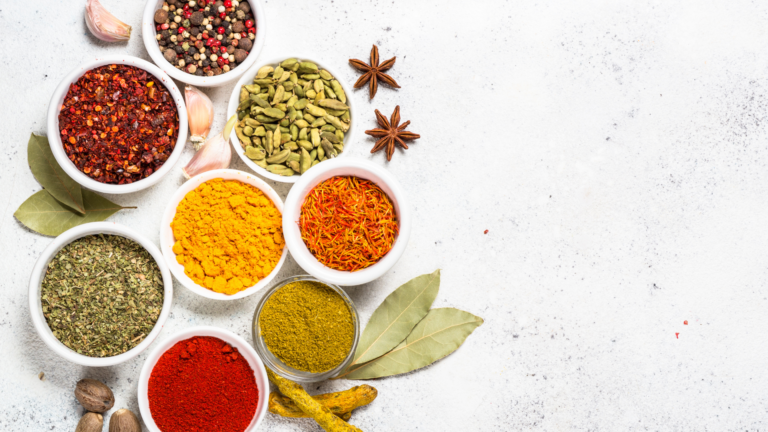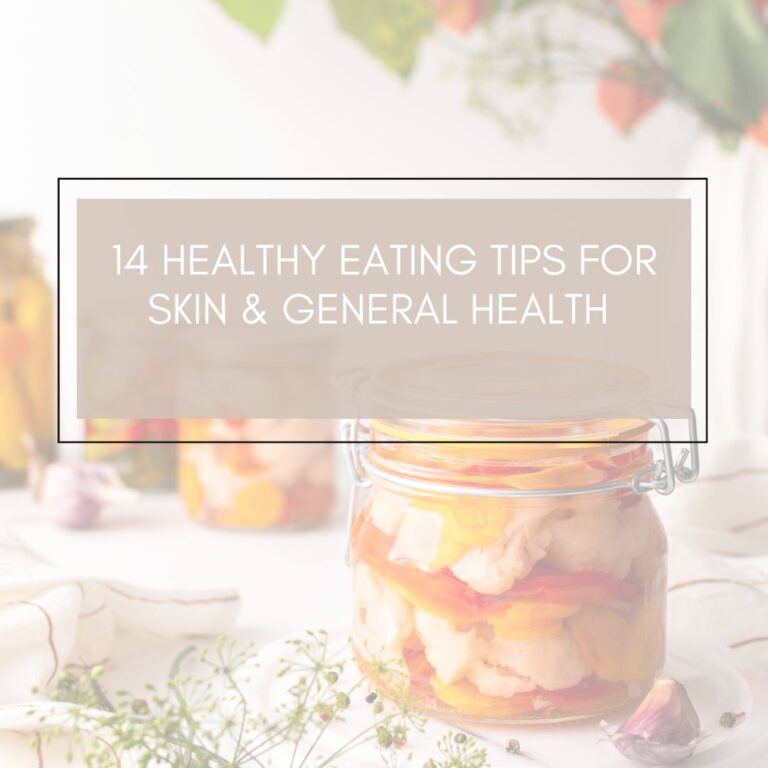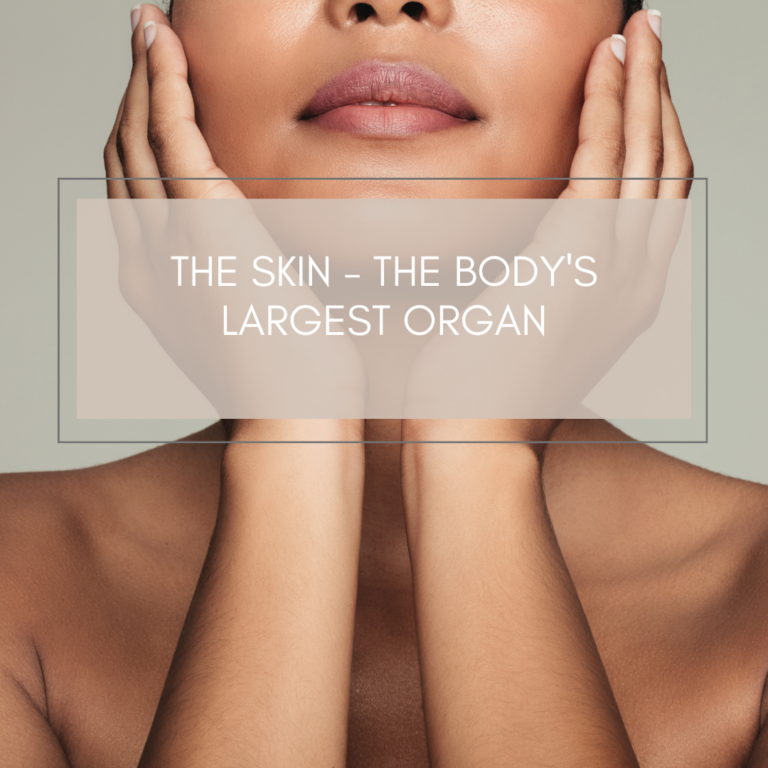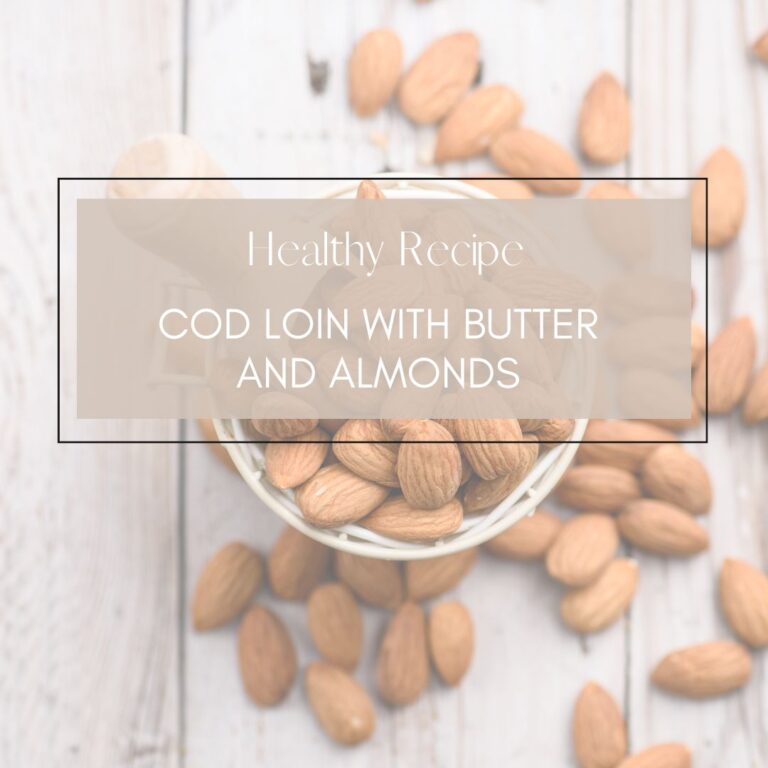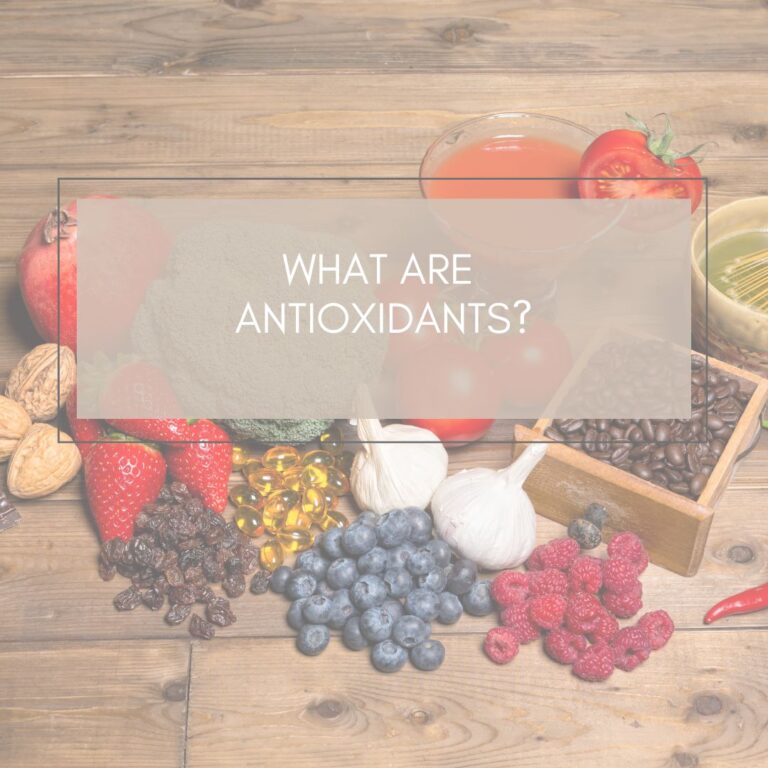Probiotics for inflammatory skin disorders
There is a lot of hype about our microbiome and how it affects our health. What is most often discussed is our intestinal flora, but we also have bacterial flora in other places in the body, for example in the mouth, lungs, abdomen and skin.
In fact, we have around 1,000 different bacterial strains on our skin!
There are both the strains that promote health, those that are less beneficial to health and some that are directly pathogenic. It is important to have a good diversity in its flora.
It is mostly said about the intestinal flora, but it has also been shown to be important for other parts of the body, for example for the skin. The good bacteria that live in our bodies, and which you also get through certain foods and supplements, are called probiotics. Pro means for and bio means life. When we ingest probiotics via supplements or diet, it affects our own microbiome.
In recent years, people have begun to understand how our diet, nutrition and lifestyle affect the skin’s health from the inside out. There is a wealth of research that has examined the effects of various foods and nutrients on skin health. Researchers have begun to understand more and more how the skin’s own microbiota plays an important role in the skin’s health and various skin diseases.
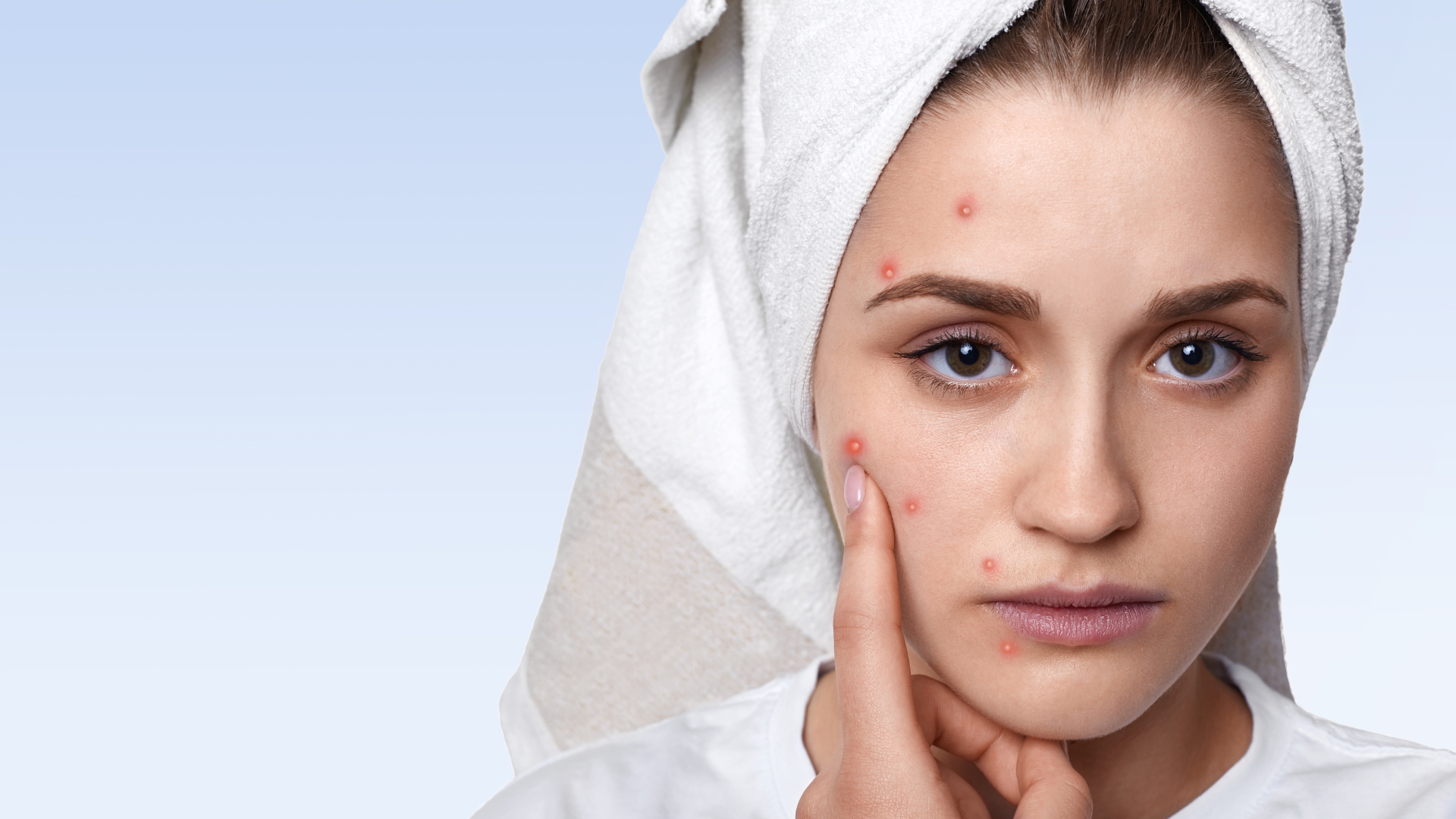
Gut microbiome is linked to skin health
A review of clinical studies looked at the effect of probiotics on various skin conditions. The results showed that both probiotic supplements and different variants of probiotic products, which are applied to the skin, are effective in certain inflammatory skin problems, wound healing and even skin cancer.
It is already known that gastrointestinal health is linked to the health of the skin and one of these links is the microbiome. There have also been links between inflammation in the intestine and inflammatory bowel diseases, such as psoriasis.
Foods that naturally contain probiotics are lactic acid vegetables (eg sauerkraut and kimchi), kefir, film milk, yoghurt, natto, miso soup, kombucha and more.
By eating a lot of fiber from the diet in the form of vegetables, fruits and berries, you add nutrition to the bacteria and benefit your intestinal flora through the diet.
Stress, antibiotics, lack of sleep and alcohol are some factors that have a negative effect.
Nutrition Matters Skin –
Your complete guide to beautiful skin from within!
Source: British Journal of Dermatology, 2020

